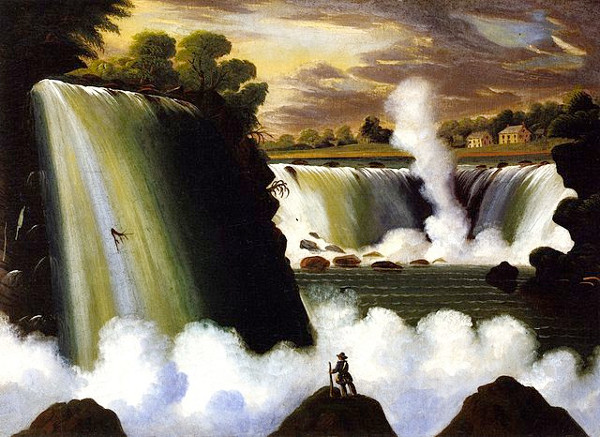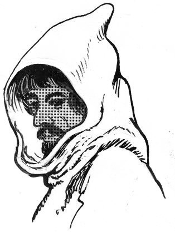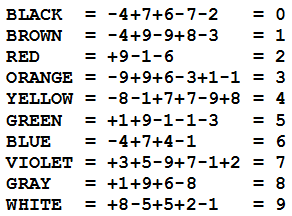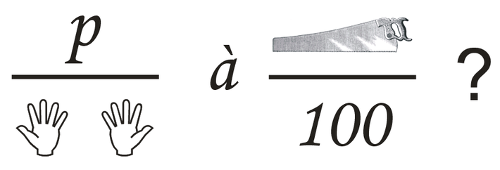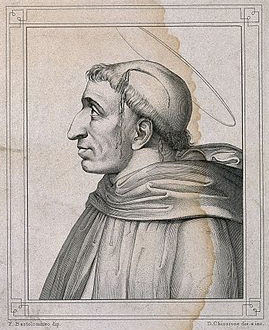affrontee
n. an insulted or offended person
In Gelett Burgess’ 1911 novel Find the Woman, a truck driver blocks the way of a parade organized by a society to ban profanity. He is addressed by Dr. Hopbottom, the society’s head:
See here, you slack-salted transubstantiated interdigital germarium, you rantipole sacrosciatic rock-barnacle you, if you give me any of your caprantipolene paragastrular megalopteric jacitation, I’ll make a lamellibranchiate gymnomixine parabolic lepidopteroid out of you! What diacritical right has a binominal oxypendactile advoutrous holoblastic rhizopod like you got with your trinoctial ustilaginous Westphalian holocaust blocking up the teleostean way for, anyway! If you give me any more of your lunarian, snortomaniac hyperbolic pylorectomy, I’ll skive you into a megalopteric diatomeriferous auxospore! You queasy Zoroastrian son of a helicopteric hypotrachelium, you, shut your logarithmic epicycloidal mouth! You let this monopolitan macrocosmic helciform procession go by and wait right here in the anagological street. And no more of your hedonistic primordial supervirescence, you rectangular quillet-eating, vice-presidential amoeboid, either!
The truck driver apologizes: “I see a plain, sea-faring man has no show with a doctor when it comes to exhibiting language in public. … If this here society what’s running this here procession can turn out graduates of the noble art of profanity like you are, I want to say this: Give me the pledge, and I’ll sign it.”

